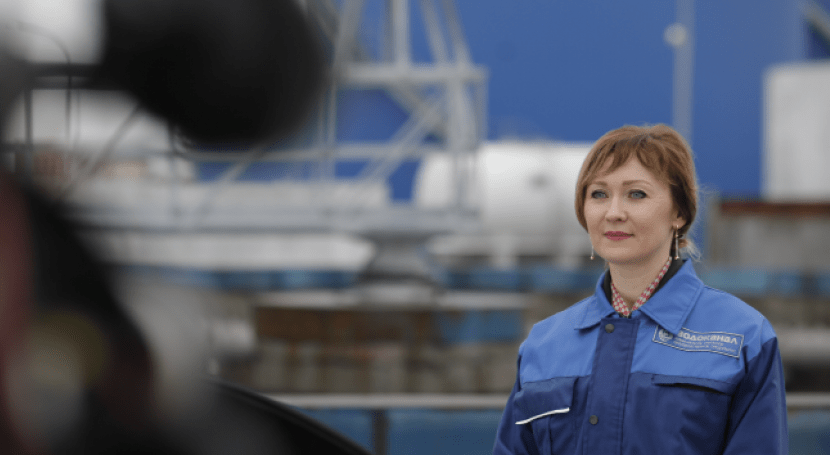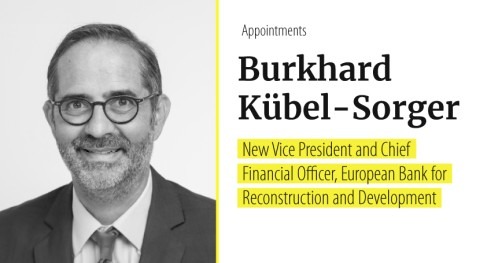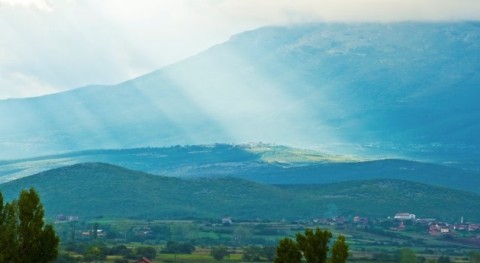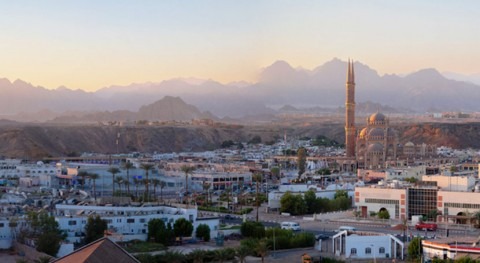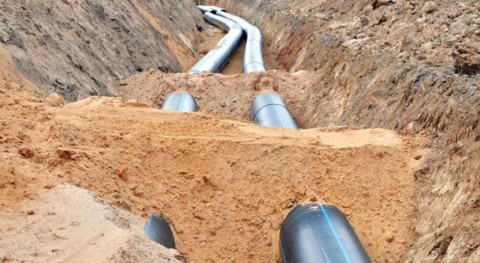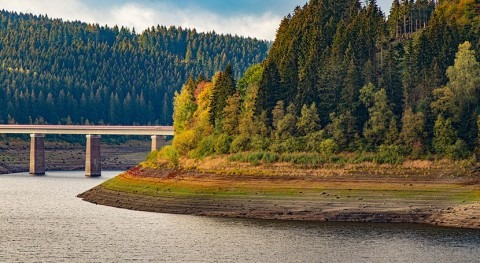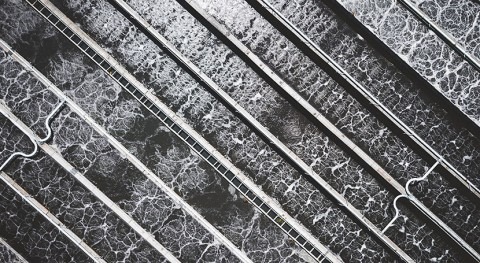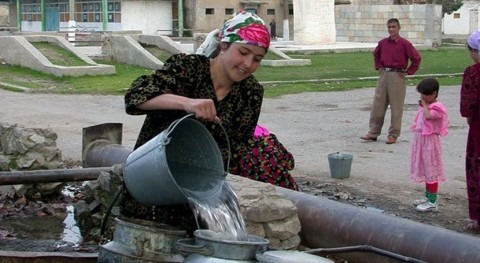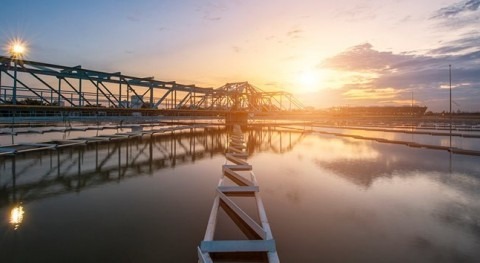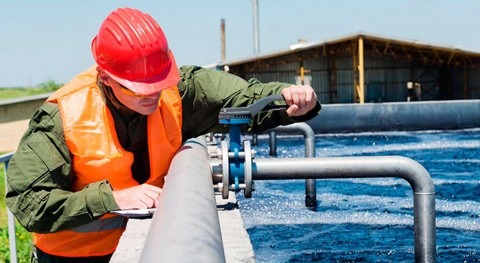Wastewater is everywhere around us. Whenever we wash the dishes, shower, or flush the toilet, everyday millions of litres of wastewater find their way into sewage systems.
What actually happens when used water disappears down the sink?
Most of the wastewater that arrives at a treatment plant leaves as clean water. What is left is a dilute suspension of solids captured by the treatment process – the sludge.
As population numbers and living standards rise, managing the large volume of by-products from wastewater treatment – some of it unfortunately also often discharged into the environment – is a major challenge for municipalities.
The city of Baranovichi in Belarus has gone “green” by installing the country’s first wastewater treatment plant that turns organic waste into renewable energy.
“The way it works is simple,” explained Irina Rovbo, Chief Process Engineer at the Baranovichi wastewater treatment plant. “Tiny bacteria feed on the sludge in the absence of oxygen, producing biogas as a result of their ‘digestion’”.
“With the plant’s new modern equipment, the gas channelled from the digester is then collected and turned into electricity and heat,” she added.
This translates into a substantial reduction in CO2 emissions and energy costs, making energy cleaner and cheaper for all.
“The process of treating water is very energy intensive. The amount of energy we need to keep the plant running is the equivalent used on average by 2000 households,” Ms Rovbo said.
“But thanks to the recovery of biogas, Baranovichi’s wastewater treatment plant is now 70 percent self-sufficient in terms of energy it needs to operate.”
The improved sewage management has also resulted in 10-fold decrease in the volume of sludge – which was a major contributor to ground pollution. The new stabilised sludge is odourless and non-polluting too.
The process of creating biogas from wastewater by-products not only extracts value from materials previously seen as harmful for the environment. It is also a way to combat the scarcity of raw materials, improve the energy supply mix and promote the development of renewable energy use in Belarus.
The plant’s substantial environmental and operational improvements would not have been possible without the EBRD’s support with a €2.9 million sovereign loan for the construction of the facility, combined with a €1.4 million grant for capital expenditure and €0.8 million for project implementation consultancy work by the Swedish International Development Cooperation Agency (Sida).
With the support of Sweden’s Sida, the EBRD and the government of Belarus are setting an example of better environmental management at the municipal level and also raising quality standards to meet both local and EU regulations.


